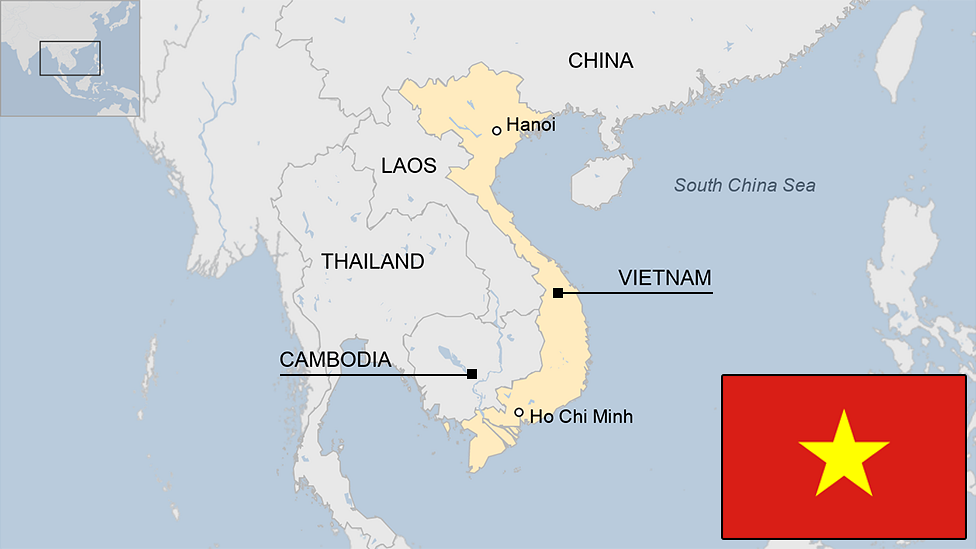Macau profile
- Published
This page is no longer being updated. It was last updated on 7 January 2025

Tiny Macau, a special administrative region of China, has seen its low-key colonial character give way to massive commercial and tourist development.
The former Portuguese colony, a near neighbour of Hong Kong, occupies a small peninsula and two islands off China's southern coast.
Its economy revolves around tourism. Macau has capitalised on its long history as a gambling centre, drawing many thousands of visitors from China and Hong Kong.
Foreign casino companies have invested heavily since Hong Kong tycoon Stanley Ho's decades-long monopoly on the gaming industry ended in 2002. New "mega-casinos", which include major hotel developments, have replaced traditional gambling dens.
Read more country profiles, external. Profiles by BBC Monitoring, external
MACAU: FACTS
Administrative centre: São Lourenço
Area: 33 sq km
Languages: Chinese, Portuguese
Population: 682,300
Life expectancy: 83 years (men) 88 years (women)
LEADER
Chief executive: Ho Iat-seng
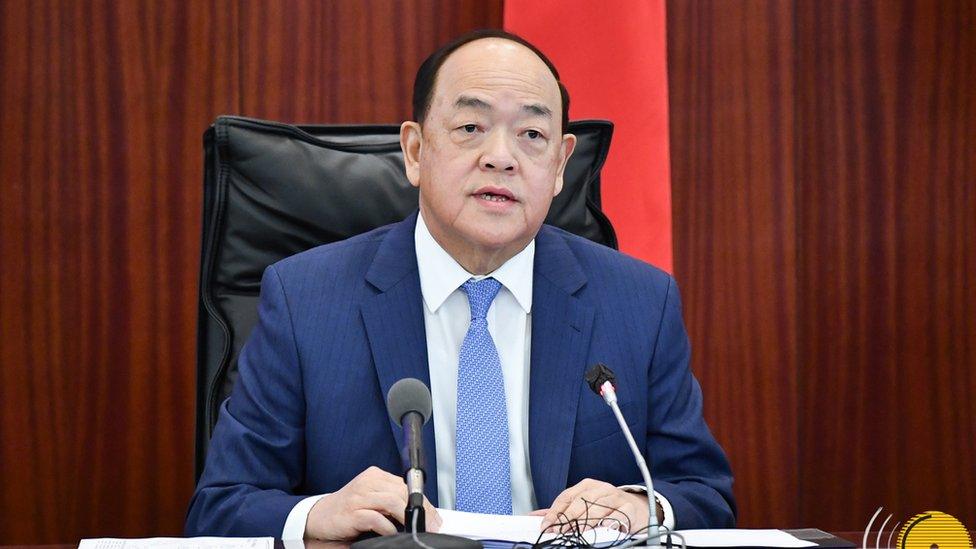
Ho Iat-seng was elected as chief executive of Macau in August 2019, succeeding Fernando Chui, to become the territory's third chief executive since the former Portuguese territory reverted to Chinese rule.
Ordinary citizens have no direct say in the appointment of their chief executive.
MEDIA
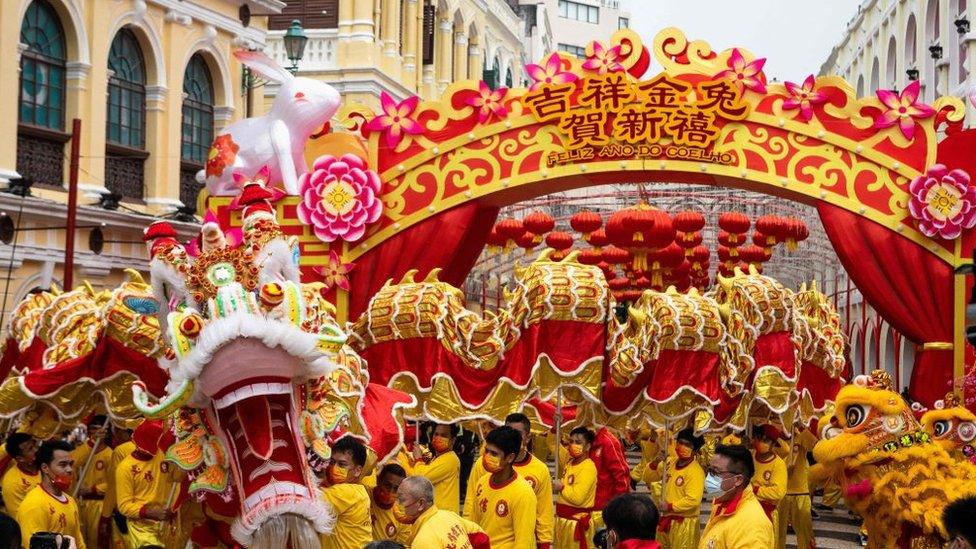
Chinese new year celebrations in Macau
The local government is the main media player in Macau; it runs terrestrial TV and radio stations and subsidises the press.
The media express a range of views but a US human rights report says the media sometimes self-censor.
TIMELINE
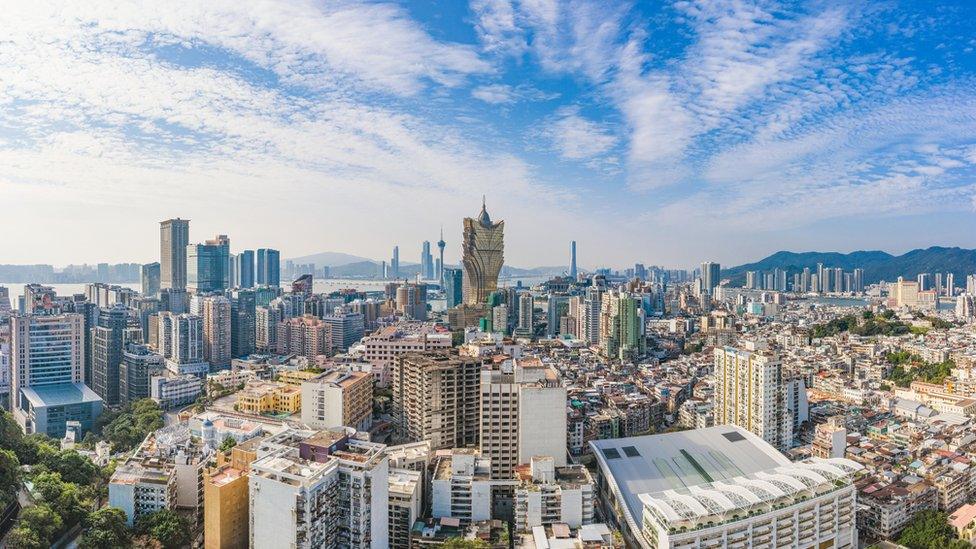
Macau's economy revolves around tourism and its casinos
Some key dates in Macau's history:
1513 - Portuguese ship anchors in the Pearl River estuary.
1521-49 - Portuguese attempt to gain trading posts by force but are defeated by Ming Chinese forces in several battles.
1554 - Luso-Chinese agreement: Portuguese rent Macau as a trading post.
1557 - Portugal acquires a permanent lease for Macau.
Late-16th Century - Macau's trade reaches its peak as the territory is a key link in the export of Chinese silk to Japan.
1622 - Dutch attempt to seize Macau.
1640s - Macau's economy declines after Japan halts trade, Portugal revolts against Spain and Portuguese-held Malacca falls to the Dutch.
1757 - Qing China restricts foreign trade under the Canton System, which focuses all overseas trade on the southern port of Canton, now Guangzhou.
18th Century - Macau develops into a trading centre as the opium trade becomes more lucrative for Westerners.
Mid-1800s - Hong Kong overtakes Macau in trade, merchants gradually desert the Portuguese territory.
1939-1945 - Territory becomes a refuge for Chinese and Europeans during World War Two as it remains largely unoccupied by the Japanese.
1951 - Portugal officially makes Macau an overseas province.
1966 - 12-3 incident: Political demonstrations and riots against Portuguese rule, inspired by the Cultural Revolution, see eight people killed and over 200 injured. Portuguese sovereignty is severely diminished and leads to de facto Chinese suzerainty over the territory.
1974 - Following military coup in Portugal, the government grants more administrative autonomy and economic independence to the territory.
1987 - Portugal and China agree on return of Macau to Chinese, using the Hong Kong Joint Declaration between Britain and China as a model.
1999 - Macau becomes a special administrative region under Chinese sovereignty.
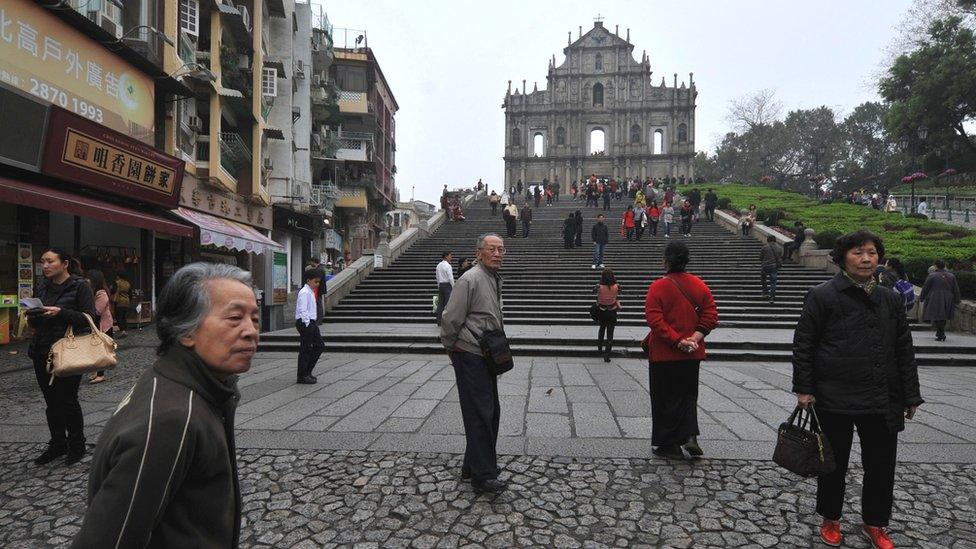
Colonial architecture, as seen in the ruins of St Paul's cathedral, is still evident but is fading
Related topics
- Published25 August 2023
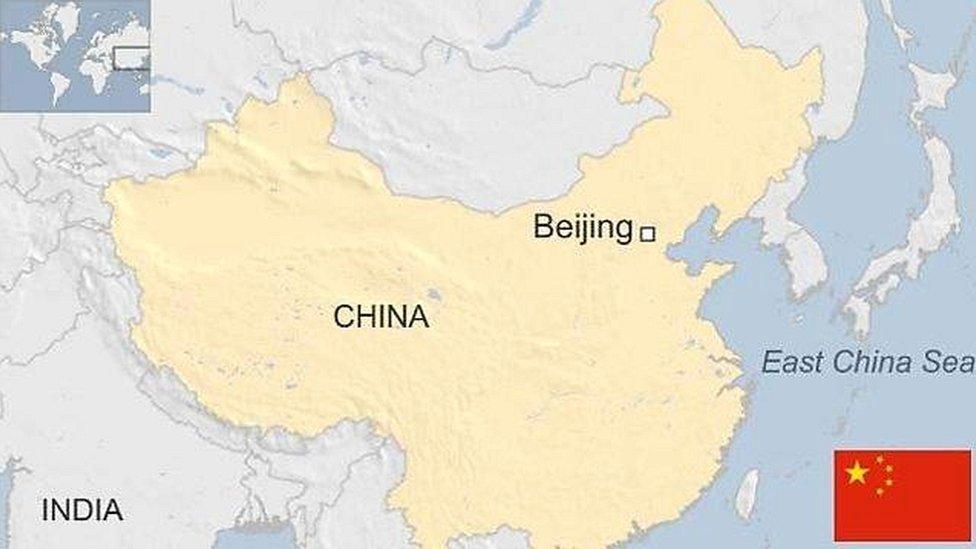
- Published7 January
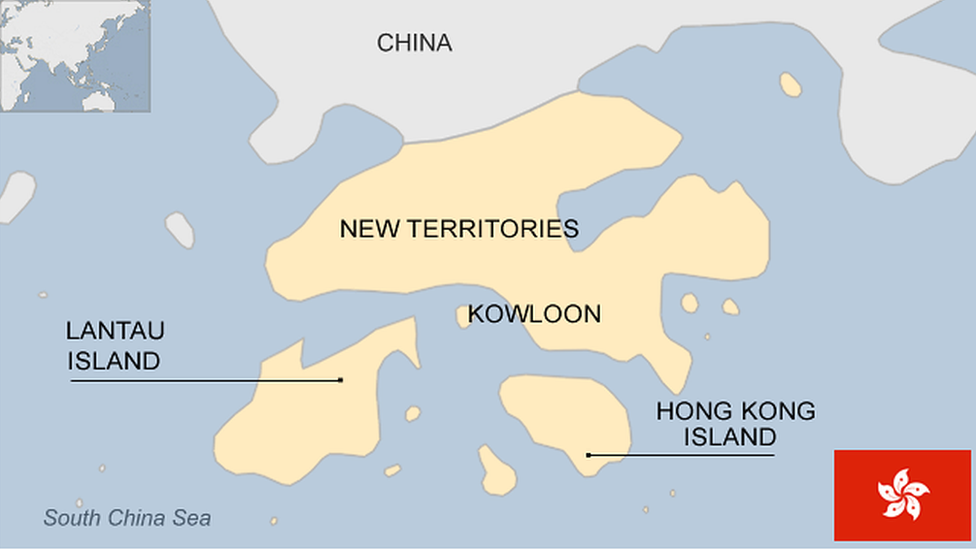
- Published15 January 2024
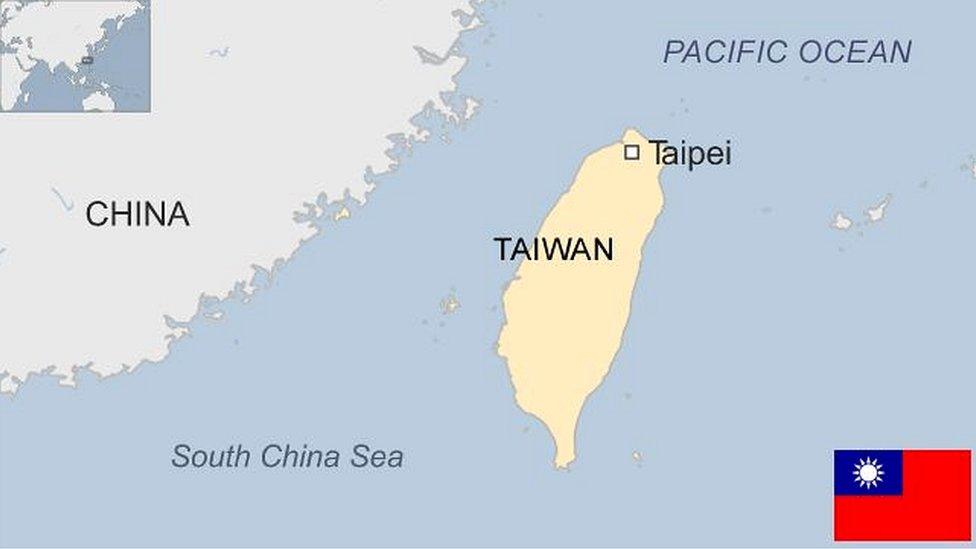
- Published5 July 2023
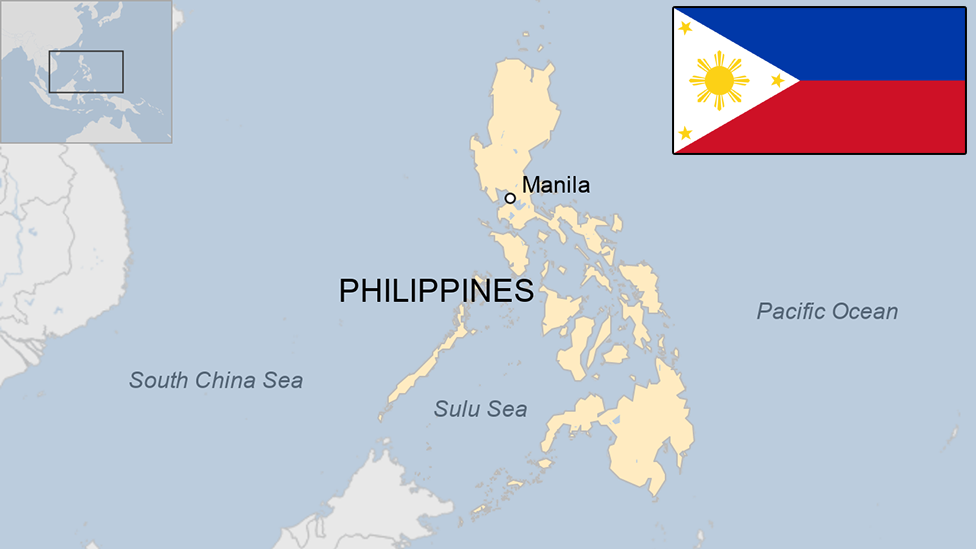
- Published19 May 2023
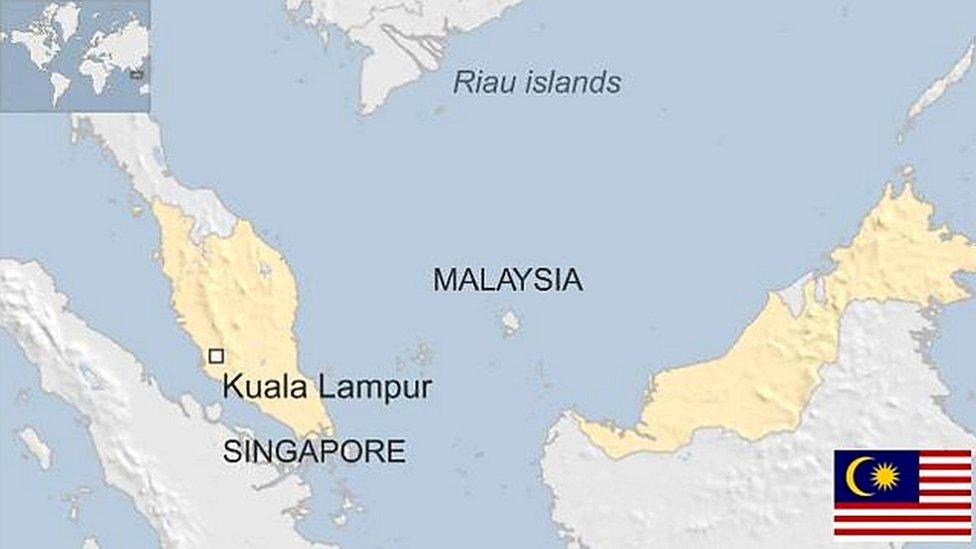
- Published23 October 2024
